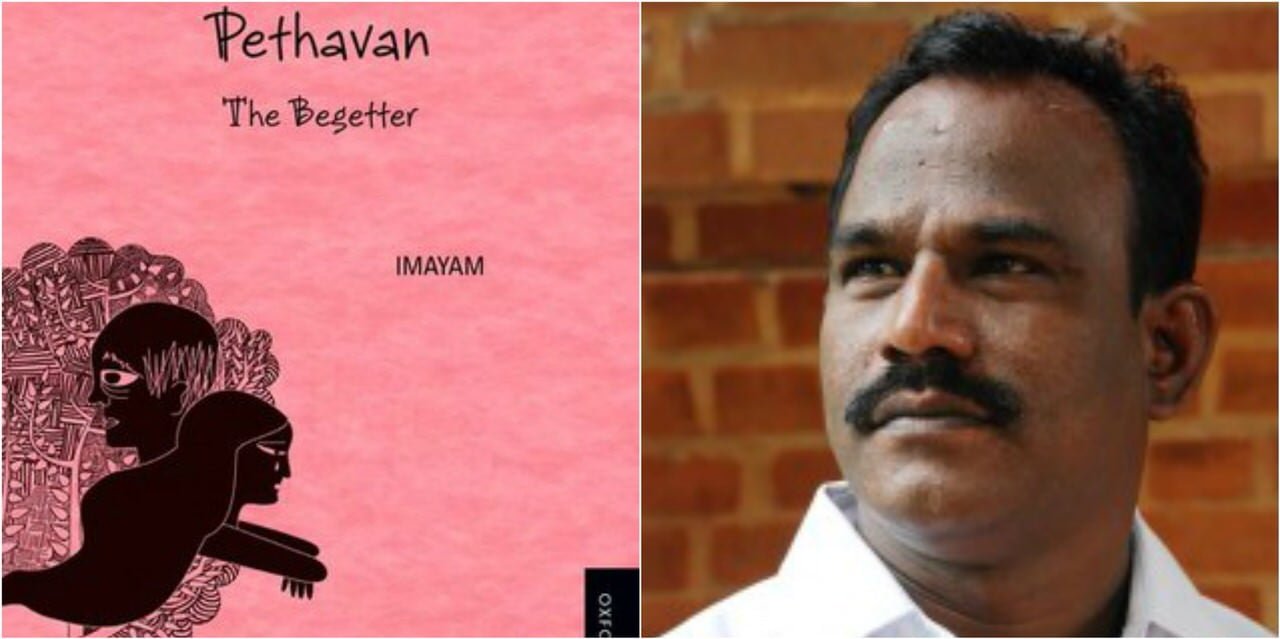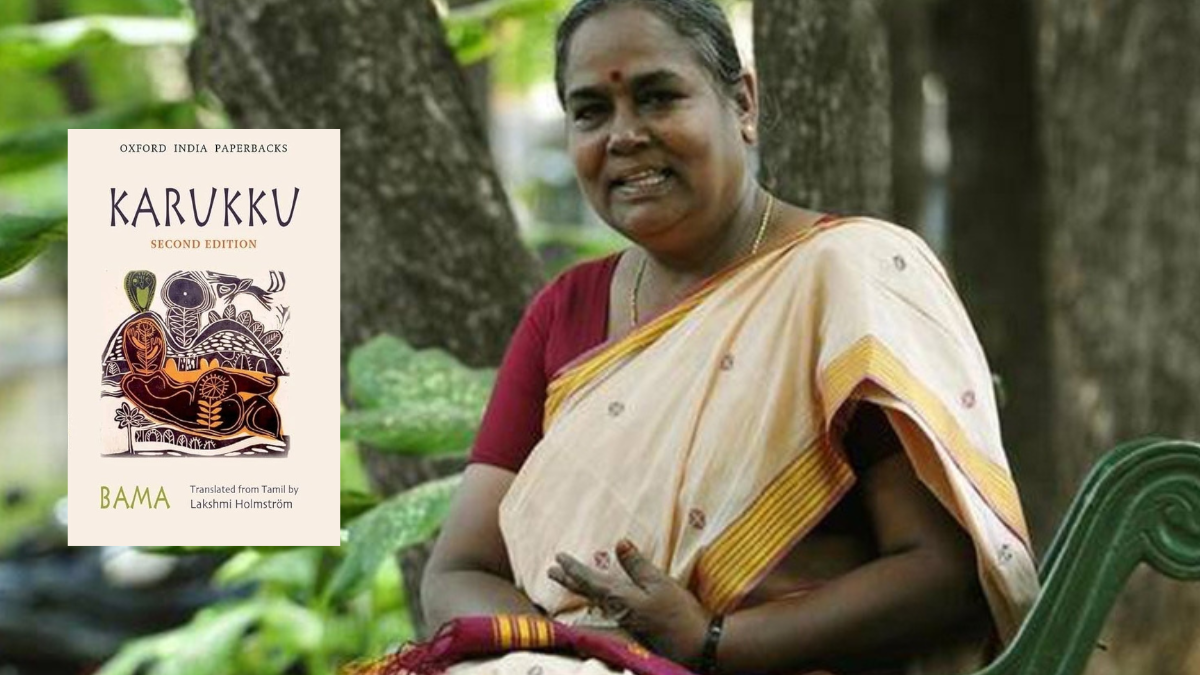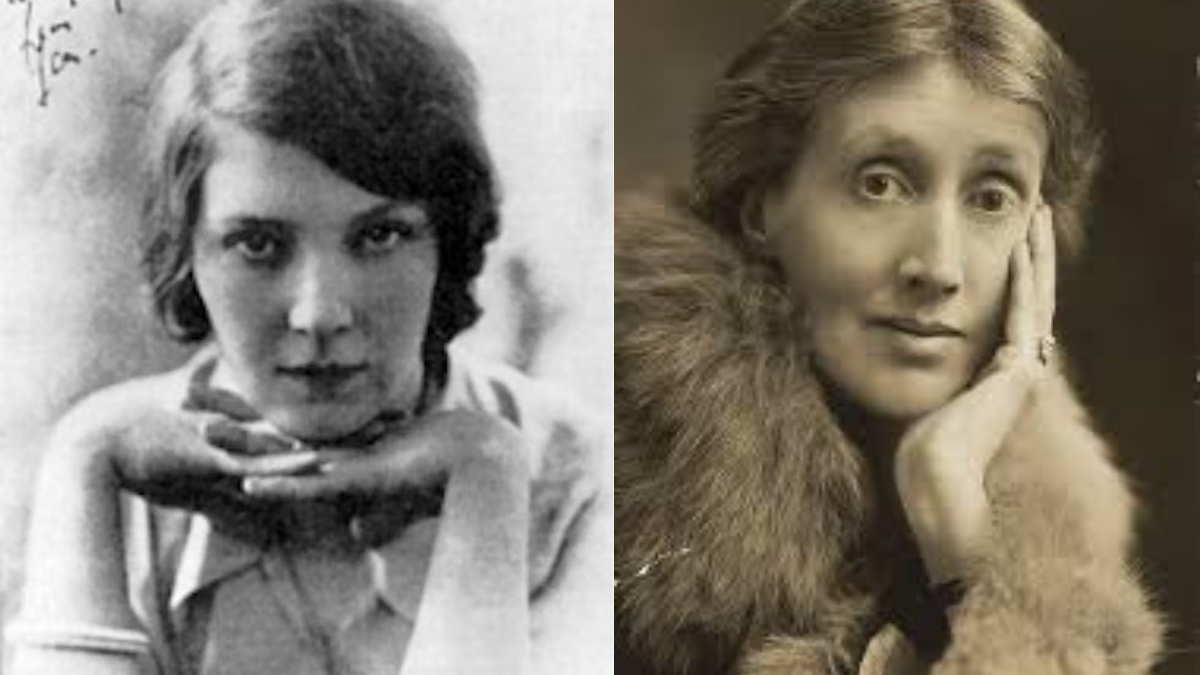Posted by Shruti Shukla
“A writer can infuse originality into his works only by transcending sectarian approaches. I am not a writer for situations. My job is to present the actual situation.”
– Imayam
The novella Pethavan, The Begetter by Imayam will shake the grounds of ignorance and make you realize the atrocities that are rooted in our society. While Indian society is busy boasting about the tremendous change and development in society, which allegedly paving a way for equality and helping people move beyond caste-identities, Imayam breaks down this narrative by narrating a horrifying tale of people trapped within the barbed wires of caste, honour and identity.
Imayam, one of the most prominent writers of the country, is a school teacher in a school run by the Adi Dravida Welfare Department at Pulichapallam in Villupuram district in Tamil Nadu. He was awarded a Junior Research Fellowship from the Department of Culture, Government of India and honored with a State award. His works like Koveru Kazhudhaigal (Beasts of Burden), Arumugam and Pethavan (The Begetter) have helped establish him as one of the prominent writers of Dalit literature. Imayam, however, does not entertain the idea of being called a Dalit writer. Imayam is highly critical of the way society forces a certain kind of Dalit identity on Dalit writers while letting other castes slip away in peace without any forced identities.
In his conversation with Indian Cultural Forum, Imayam stated, “All other writings in Tamil are considered as literature. How can only my writing (writing by Dalits) be termed as Dalit literature?” According to Imayam, it does not require a similarity of caste or other societal constructs for one human to understand another human and he wants to make the present as well as the future generations well aware of the conditions of society he is living in through language and literature.
Imayam’s Pethavan is a novella that narrates a day in the life of Pazhani who has been ordered by the village to kill his own daughter Bhakkiyam. It not only talks about honour killings and violence in the name of caste, but also throws light on the treatment of women who are constantly sexualized and commodified and are under a constant threat of rapes and assaults. Each and every line of Pethavan is charged with intensity and a sense of urgency; there is nothing too sudden and nothing too subtle. This harsh teeth-clenching reality is portrayed in a simple tale of struggle and suffering. With each turn of the page, the reader cannot choose to ignore or avoid the sickness of caste bitterness rampant in our society.
Pethavan, The Begetter by Imayam will shake the grounds of ignorance and make you realize the atrocities that are rooted in our society.
The translator of Pethavan, Gita Subramanian wrote in her note, “No amount of clever crafting can substitute the kind of passionate repugnance that Imayam feels against this barbaric of preserving caste purity through murder”.
Bhakkiyam has fallen in love with Periyasami, a Dalit man. The village where she lived refused to tolerate this transgressing of caste boundaries, and gathered in front of her father Pazhani’s house to demand that he kill her. Her father, promises the angry mob that he will kill her the next day, having made promise three times before as well.
“You should pour pesticide down her throat and lock her in a room. However much she screams or shouts don’t open the door and don’t give her even a mouthful of water. In a very short while the story will be over,” said the young woman who held a baby on her hip.
The question, however, arises as to how is a father expected to kill his own daughter? The grotesque truth of a society that makes a father swear to kill his own flesh and blood over the matter of an inter-caste love affair shakes the reader out of his shell of ignorance. The story runs back and forth in time and one is made aware of the brutality of the villagers in their treatment of Bhakkiyam’s love interest, Periyasami (Periyasami’s house was set on fire, his sugar cane fields were burnt, their cattle went missing) and Bhakkiyam herself (“About twenty and thirty young men took off their dhotis and exposed themselves saying “This is what you are running after- how many do you want-take!”).
Also Read: Joothan By Om Prakash Valmiki – Book Review
The girl who fell in love with a Dalit sub-inspector has no option other than marrying within her own caste or drinking poison. The novella’s narrative also makes the reader aware of the illogical grounds on the basis of which people are judged in our society. Periyasami, is recognized as a Dalit first and as a sub-inspector later.
Imayam, set on contemplating society and the human condition intends on raising questions we do not usually address. The question he raises in Pethavan pertains to the psyche of various castes living in a community and questions the place of a “woman” who is forced into becoming a victim of traditional and cultural constructs of honour, caste, religion and other morals.
How does a society in Tamil Nadu let itself be overpowered and overthrown by superficial societal constructs even in these contemporary times? What kind of development are we moving towards and what is the place for such issues in our idea of progress? The questions Imayam’s text poses at the reader force the readers into deep introspection, engaging with the text as well as developing an understanding of the characters of Periyasami and Bhakkiyam and so many others like them in the country. In Imayam’s world, the real writer of Pethavan is society and not him; he is only capturing framing its presence in contemporary times.
The father, however, in this story manages to break societal constructs and makes his daughter flee from the village, for all he wanted was for her to be alive and happy.
The emotional, heart-ripping episode of Bhakkiyam’s guilt and her final cry of attempted redemption can reduce any engaged reader to tears. While the story slowly progresses in the midst of confusion and uncertainty, the end is what will shock you.
The girl who fell in love with a Dalit sub-inspector has no option other than marrying within her own caste or drinking poison.
“In the morning those who went to the fields came running back and said, “Vandikkaran House Pazhani has consumed Polidol and is lying dead in the fields. The dog is running in circles around the dead body. The whole area is reverberating with its howls!””
The father, who sacrificed his own life to save his daughter’s said in a village panchayat some time back in the story, “She is no longer my daughter. Kill her.” Pazhani also gave her many chances for suicide and had almost no interaction with her, for she had committed the sin of falling in love with someone from a non-dominant caste. Not once did Pazhani stop the villagers from beating his daughter like a wooden log. How is a man is rendered so powerless in front of these superstructures that operate on political levels and within the psyche of people as well? How safe and free is an individual in today’s times?
Who is the victim of such hatred and differences; is it the daughter who had to run away from her family and home? Is it the father who had to kill himself to save himself from shame and isolation? Or is it the mother and the wife and others who are left behind with nothing and nothingness? Or is it the society that has still not moved beyond the illogical, inhumane practices of caste and culture?
Pethavan is a must read for each individual who wishes to understand the reality and wants to introspect and engage with the root problems in our country at the moment. Short and crisp, Imayam’s work only talks about what is important and does not let any distractions block his path towards achieving his goal of documenting the present and questioning individual as well as collective consciousness.
Also Read: Book Review: When I Hit You, Or, A Portrait Of The Writer As A Young Wife By Meena Kandasamy
Featured Image Credit: Goodreads and Words Without Borders
Shruti Shukla is a graduate from The University of Delhi and currently pursuing masters in Literature from the University of Lucknow. She has always wanted to write to express herself and to spread awareness regarding various social issues rampant in our country and has always tried to understand every suffering human being through sociological, psychological and physiological manners.
About the author(s)
Guest Writers are writers who occasionally write on FII.




